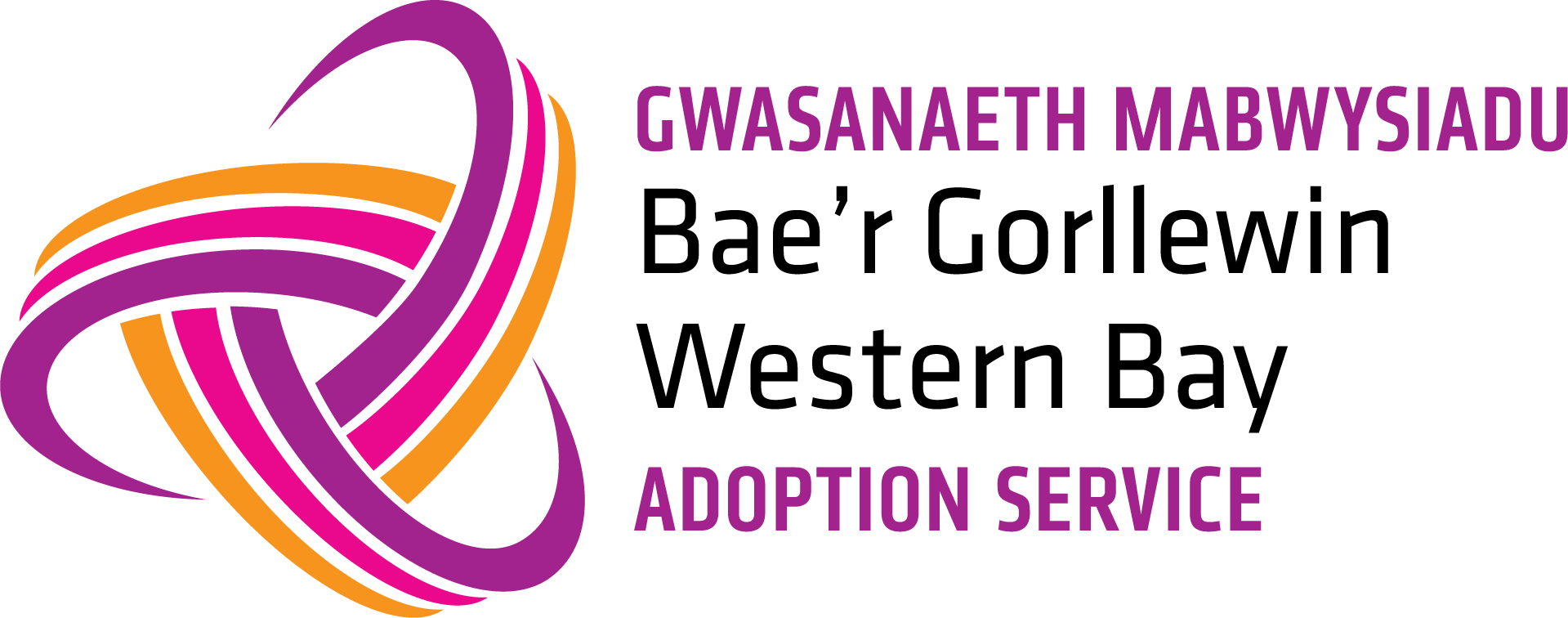“My name’s Melissa and I’m a HCPC registered Music Therapist since 2008 in the WBAS Therapy Team. I started my music therapy practice in special schools and with young people with learning disabilities and mental health difficulties.
Tell us a little bit more about music therapy?
“Music therapy is a psychological therapy that uses voice, sound, musical instruments and music technology to help people make positive changes in their lives, understand themselves better and meet their goals.

What do the sessions look like?
“Sessions are always built around the child: their needs, interests and preferences. Music therapy is bespoke, and this may be especially useful for a child who has particular sensory needs. Usually, a selection of accessible percussion instruments is available for spontaneous improvisation – this works a bit like a free-flowing conversation or play, and no special musical experience or skill is necessary.
“A vocabulary of sounds and interactions develops between the therapist and child, and that can be used for expression when words are difficult, or as a bridge to talking.
“Listening to music, music for relaxation, or music to support mindfulness can be options if appropriate. Similarly, playing familiar music, supported song writing, and using virtual instruments and electronic loops, can be used to facilitate expression.
“Children’s expressions emerge in the context of a relationship with a trained therapist, therefore strong emotions can be expressed, held, acknowledged and worked with safely. Painful feelings and traumatic experiences can be processed and better assimilated, thereby reducing ongoing distress and increasing the child’s ability to cope, understand and tolerate difficult feelings.

Can you talk to us about some further benefits?
“Research shows that engaging in music therapy can help the brain develop new neural pathways (neuroplasticity), which can help children who have experienced trauma heal and reattach in healthier ways.
Other goals can include:
Increased self expression, confidence and communication
Developing trust and positive relationships
Developing emotional literacy and self awareness
Improving motor planning and coordination
Improving attention span and focus
Enhancing parent-child attachment and bonding
“Sometimes, the creative medium of music offers a less threatening way of exploring difficult feelings and experiences, and creating opportunities and openness to experience relationships differently. Music also naturally has elements of rhythm and repetition that are similar to the rhythms of relationships in early life, which adopted children may have missed out on.”
Find out more here

